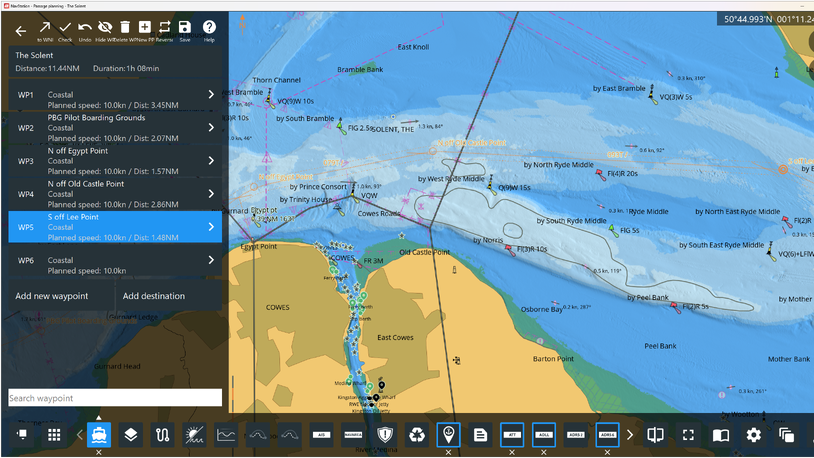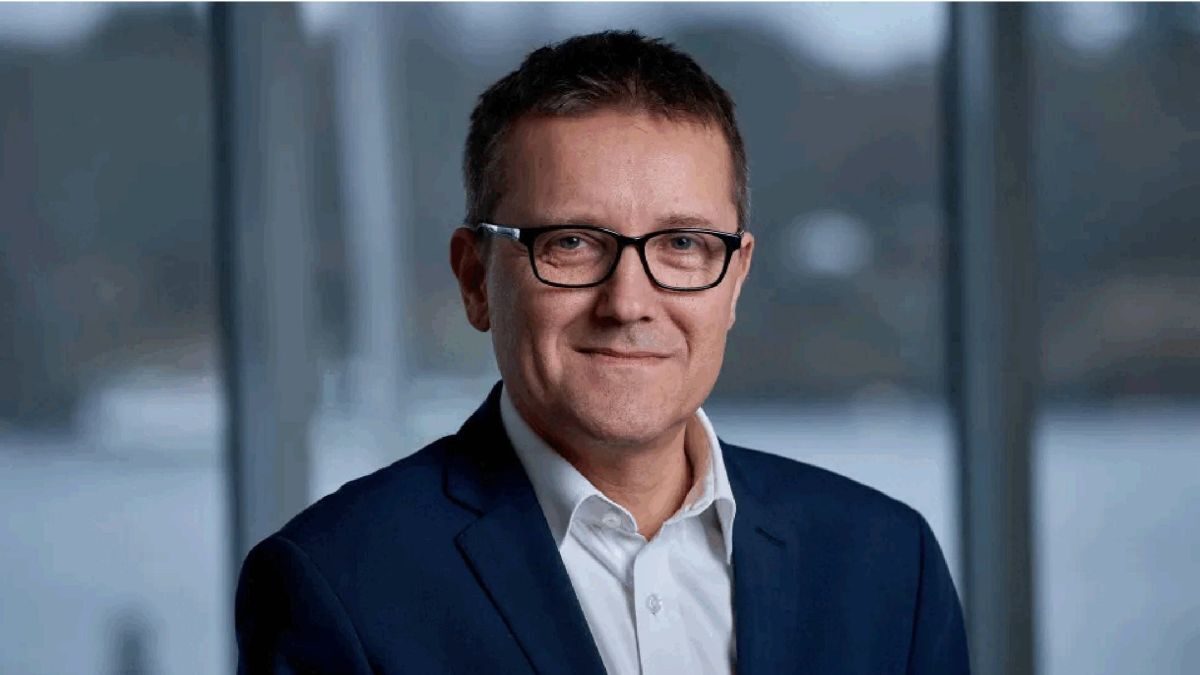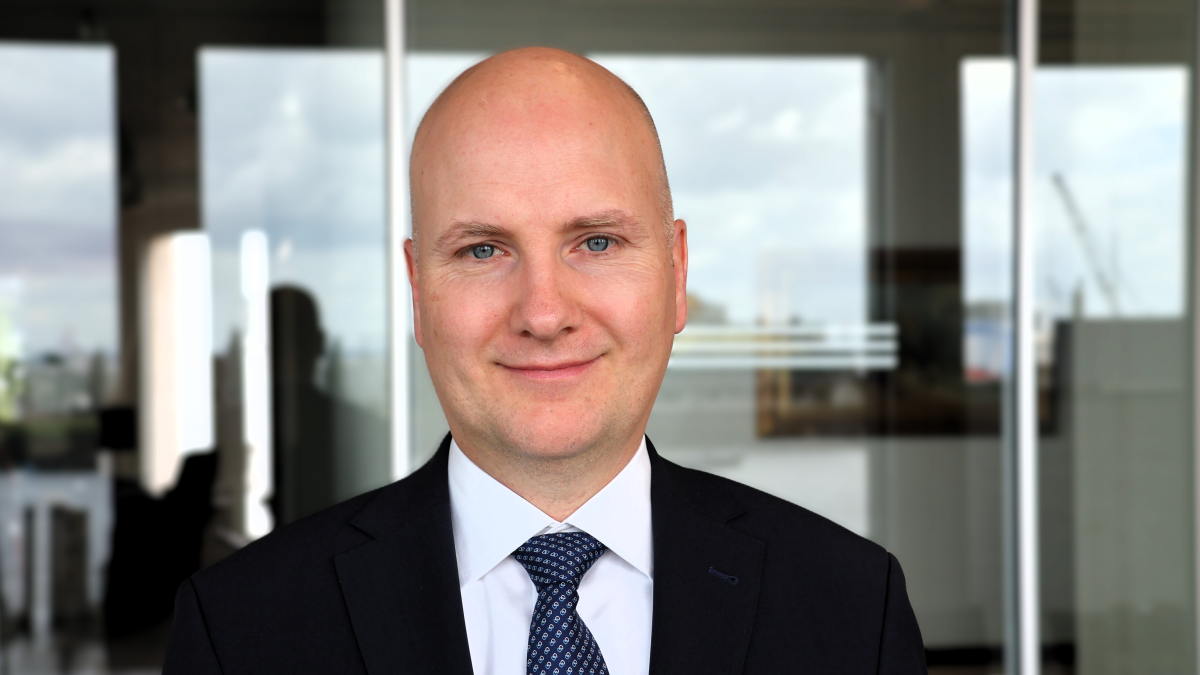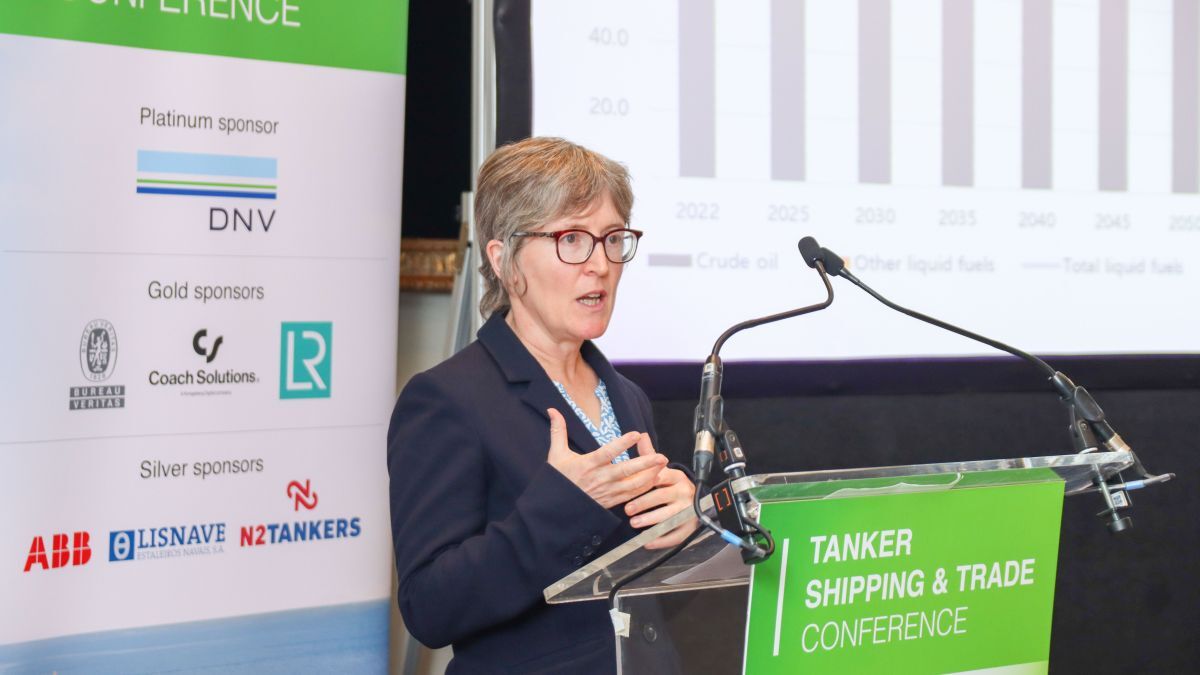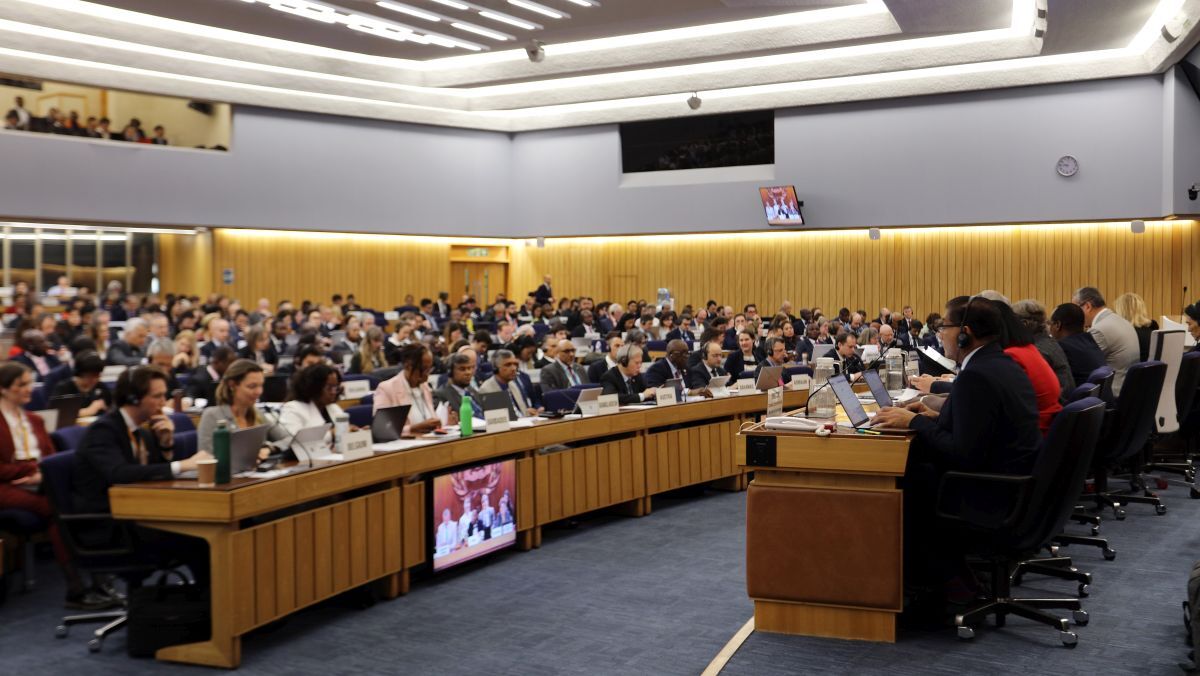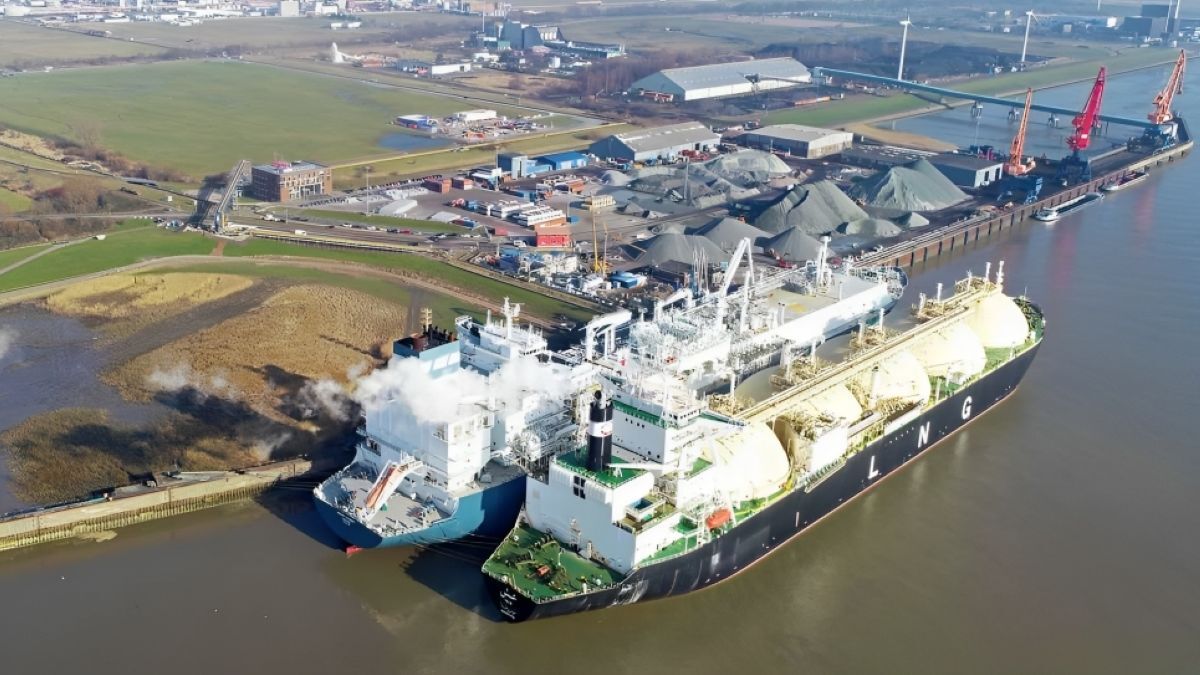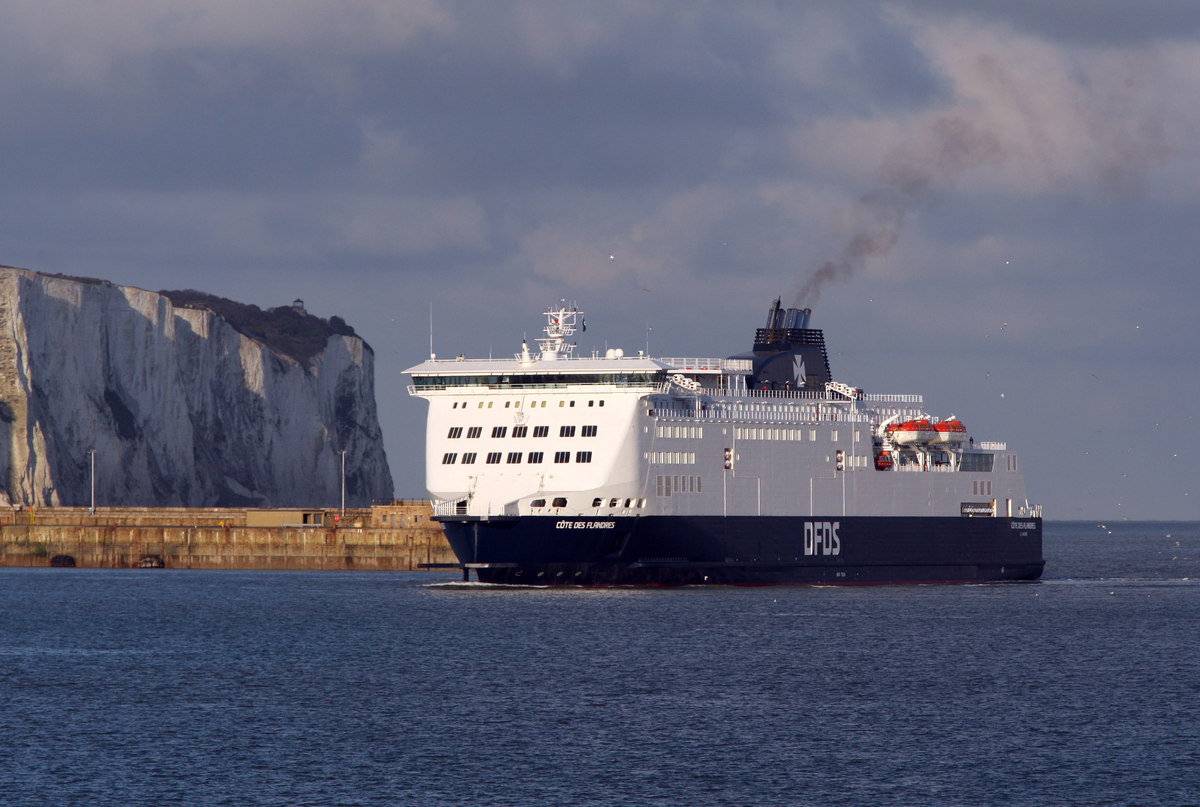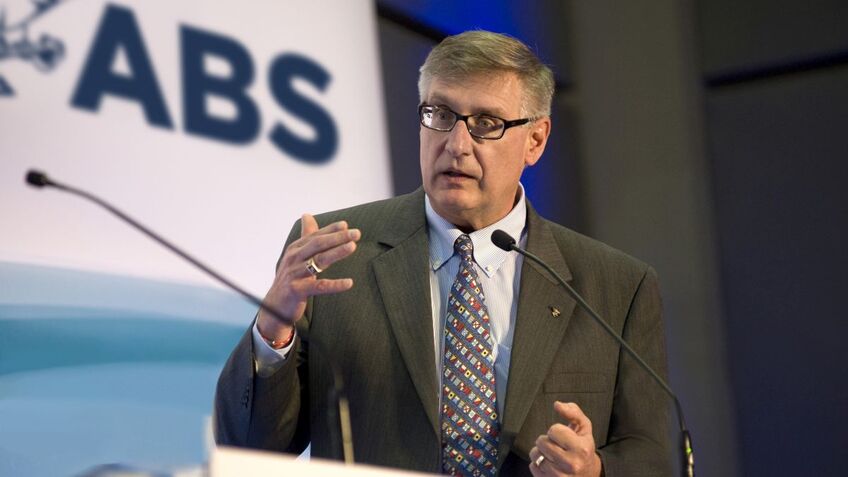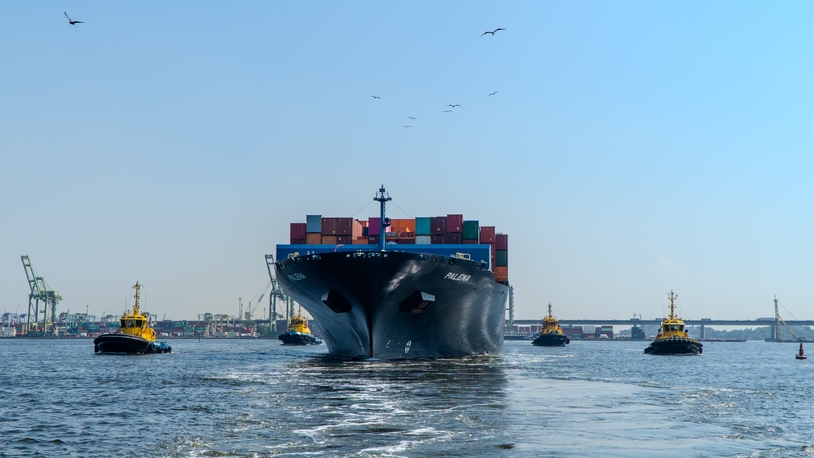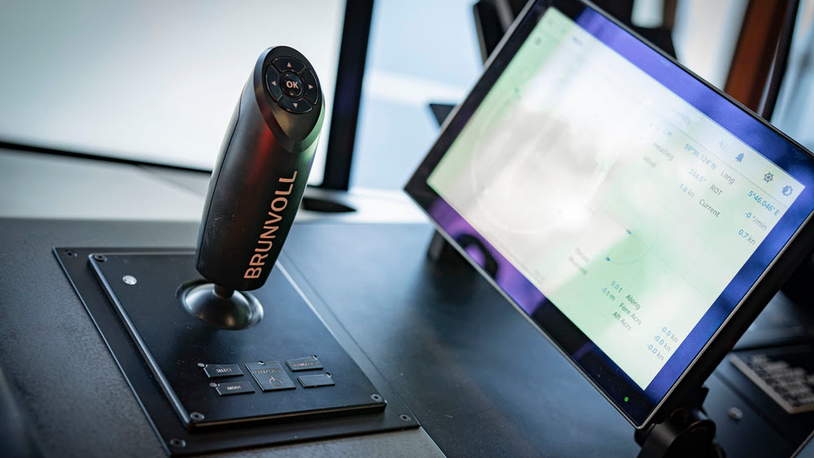Business Sectors
Events
Contents
Register to read more articles.
Methanol uptake proves shipping is rising to the decarbonisation challenge
Speaking at AVL’s 10th High Power Systems Conference in Graz, MAN Energy Solutions director and head of sales and promotion of two-stroke marine, Thomas Storgård Hansen poured cold water on the idea shipping is slow to embrace new fuels
Mr Hansen debunked the notion that the shipping industry has been slow to react to decarbonisation’s challenges, citing the rapid uptake of methanol as a marine fuel as a prime example of disruptive innovation.
Just five years ago, analysts were questioning methanol’s place as a marine fuel for the future, he told delegates. "In 2017, we developed an engine for methanol tankers, selling around 15. Then Maersk approached us for a larger version of the engine for its container ships. We agreed, and the industry followed suit. Methanol has since become a popular fuel choice for big operators, and we’ve sold 189 engines in two years."
Concerns about methanol supply are being addressed by the Methanol Institute, he added, which is tracking green and bio-methanol production projects worldwide. "Analysis shows there will be enough methanol for the vessels currently in service. There is a need for legislative support to drive further uptake, which means the transition to methanol as a primary fuel will likely be gradual, but we believe supply will meet demand."
Mr Hansen also discussed the promising potential of ammonia as a marine fuel, showcasing MAN Energy Solutions’ extensive research and development efforts to develop ammonia-powered engines.
"Our team has been working on this project since 2019 and has made significant advancements, including conducting over 300 tests and securing 35 patents," he said.
The company is assembling the first engine in Japan, with plans to deliver it this year. To accelerate the market introduction, MAN Energy Solutions has engaged in pilot projects with eight different shipyards, licensed builders and shipowners. These pilot projects involve various engine types and are expected to enter service in 2026 and 2027.
Mr Hansen also touched upon the viability of LNG, biofuels and hydrogen as alternative marine fuels, emphasising the need for a diverse fuel mix to meet the industry’s decarbonisation goals.
While championing industry’s uptake of these new fuels, he did not wish to downplay the challenge of achieving a 100% reduction in maritime’s carbon emissions by 2050 while accommodating a projected 60% increase in the global fleet.
Sign up for Riviera’s series of technical and operational webinars and conferences:
- Register to attend by visiting our events page.
- Watch recordings from all of our webinars in the webinar library.
Related to this Story
Events
Maritime Environmental Protection Webinar Week
Cyber & Vessel Security Webinar Week
The illusion of safety: what we're getting wrong about crews, tech, and fatigue
Responsible Ship Recycling Forum 2025
© 2024 Riviera Maritime Media Ltd.

